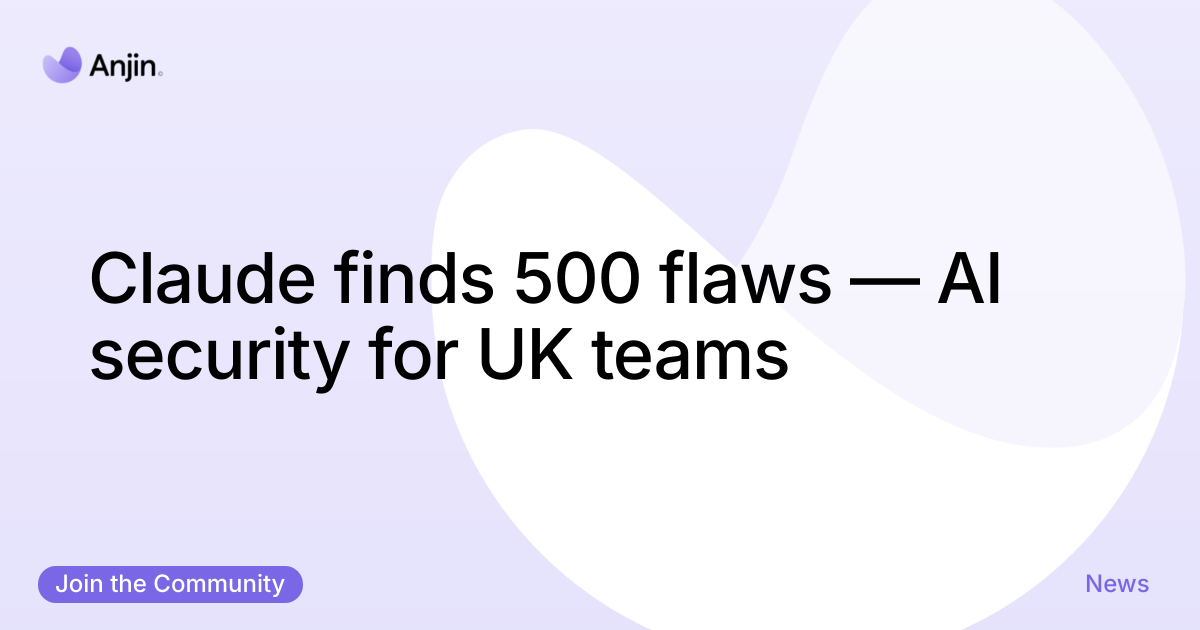Unpacking the EU’s GPAI Code: A New Era for AI Regulation
The European Union's Global Partnership on Artificial Intelligence (GPAI) Code of Practice represents a pivotal moment in AI governance. Announced as a voluntary measure, it is closely linked to the forthcoming AI Act obligations. According to POLITICO, the Code serves as a precursor to the mandatory compliance deadlines set for August 2025. Major tech companies, including Google, have publicly committed to signing, signalling their readiness to align with future regulations. This move is seen as a strategic alignment with the EU's vision for responsible AI development.
While some firms have been quick to pledge their support, others remain hesitant. Legal analysts from Jones Day highlight that the Code acts as a bridge to future compliance, offering a framework that companies can adapt to meet upcoming legal requirements. This proactive approach is expected to mitigate risks associated with non-compliance, providing a competitive edge to early adopters.
The timeline of signatories is particularly telling. As more companies join the initiative, the pressure mounts on holdouts to reassess their positions. The creation of a comprehensive signatories timeline not only tracks industry movers but also offers insights into market trends. Such transparency is invaluable for stakeholders looking to anticipate shifts in the regulatory landscape.
Hidden Opportunities in GPAI Compliance
While the GPAI Code is primarily seen as a regulatory measure, it also presents unique opportunities for growth. Companies that embrace the Code early can position themselves as leaders in ethical AI practices, potentially gaining a first-mover advantage. By aligning with the Code, businesses can enhance their reputation, attract conscientious consumers, and potentially access new markets prioritising ethical AI.
Data from industry reports suggest that companies prioritising compliance often experience increased trust and brand loyalty. This trust translates into tangible benefits, such as higher customer retention rates and improved stakeholder relationships. Moreover, by integrating compliance into their strategic objectives, businesses can streamline operations and reduce the likelihood of costly legal challenges.
Strategic Steps for GPAI Code Adoption
- Review the GPAI Code of Practice in detail, identifying key areas that align with your current operations.
- Develop a cross-functional team to oversee compliance efforts, ensuring all departments are aligned with the Code’s principles.
- Create a timeline for implementation, setting clear milestones and objectives to track progress.
- Engage with stakeholders, including customers and partners, to communicate your commitment to ethical AI practices.
- Regularly update your compliance strategies, incorporating feedback and adapting to new developments in AI governance.
Anjin AI Agent: Your Compliance Ally
For businesses seeking to navigate the complexities of the GPAI Code, Anjin’s EEAT Enhancer offers a robust solution. This AI agent is designed to streamline compliance processes, ensuring your practices align with the latest regulatory requirements. By leveraging advanced analytics, the EEAT Enhancer provides actionable insights, empowering your team to make informed decisions.
Additionally, the Anjin Insights platform offers comprehensive resources and tools to support your compliance journey. Whether you’re just beginning your alignment with the GPAI Code or looking to refine existing strategies, Anjin’s solutions are tailored to meet your needs.
Take Action: Secure Your Competitive Edge
The time to act is now. By aligning with the EU’s GPAI Code of Practice, your business can secure a competitive edge in the rapidly evolving AI landscape. Don’t wait for mandates to become compulsory; seize the opportunity to lead in ethical AI practices today.
Contact Anjin’s expert team to learn how our AI agents can support your compliance and growth strategies. Together, we can build a future where technology and ethics go hand in hand.





